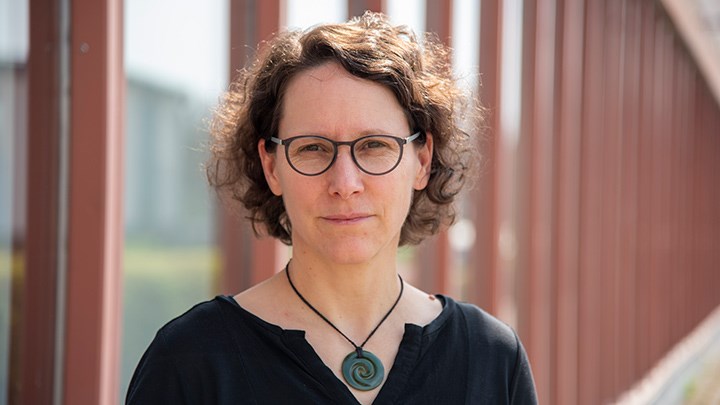Study shows abuse impacts elite gymnasts well after retirement

Natalie Barker-Ruchti, sports researcher at Örebro University
Abuse and neglect experienced during their active years continue to impact the lives of female elite gymnasts long after their competitive careers have ended.
This is according to a recent study by Natalie Barker-Ruchti, sports researcher at Örebro University. Her research findings will be invaluable in her new role as ethics specialist on the Swiss Olympic Committee.
Published in the British Journal of Sports Medicine:
Potential outcomes of interpersonal violence for women’s artistic gymnasts: a qualitative analysis.
Natalie Barker-Ruchti interviewed 19 former gymnasts aged between 20 and 53 from various countries across four continents. She identified 54 negative consequences experienced during their active careers that affected the gymnasts later in life. Participants reported issues such as depression, eating disorders, vulnerability, feelings of guilt, chronic pain, anxiety, and a reluctance to let their children try gymnastics – to name just a few. Some outcomes, such as personal development, were not explicitly negative.
According to Natalie Barker-Ruchti, there was little variation in the testimonies across different age groups and countries of residence.
Published in the British Journal of Sports Medicine
The study builds on Natalie Barker-Ruchti's earlier research into active gymnasts. She found that attitudes towards training methods involving various forms of abuse have changed over time.
“When I began my research 25 years ago, the concepts we now use did not exist. Nobody in gymnastics talked about abuse, assault, or other types of violence. Today, we have words to describe what is happening, and in this way, both active and retired gymnasts can now recognise and discuss their experiences,” says Natalie Barker-Ruchti.
Crucial in bringing about change
She is passionate about conducting this research to apply scientific methods and support both current and retired gymnasts.
“I hope that my work will support their experiences – and the consequences of abuse and neglect. It could be crucial in bringing about change,” she says.
Natalie Barker-Ruchti will remain an affiliated researcher at Örebro University while taking on her new role as an ethics specialist on the Swiss Olympic Committee.
“In my research, I have always adopted the gymnast’s perspective. So when I was offered this assignment, it was only natural for me to accept, as it enables me to continue improving conditions for all athletes in Switzerland.”
Text: Maria Elisson
Photo: Jesper Mattsson
Translation: Jerry Gray
